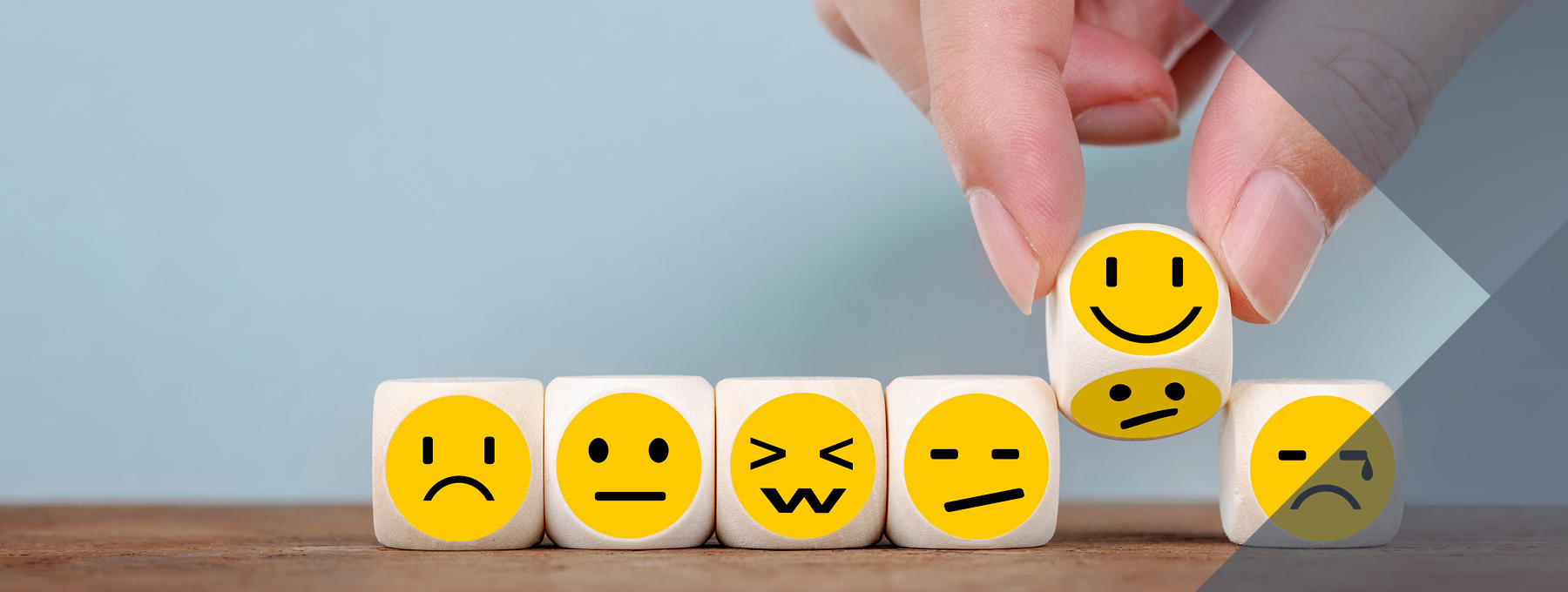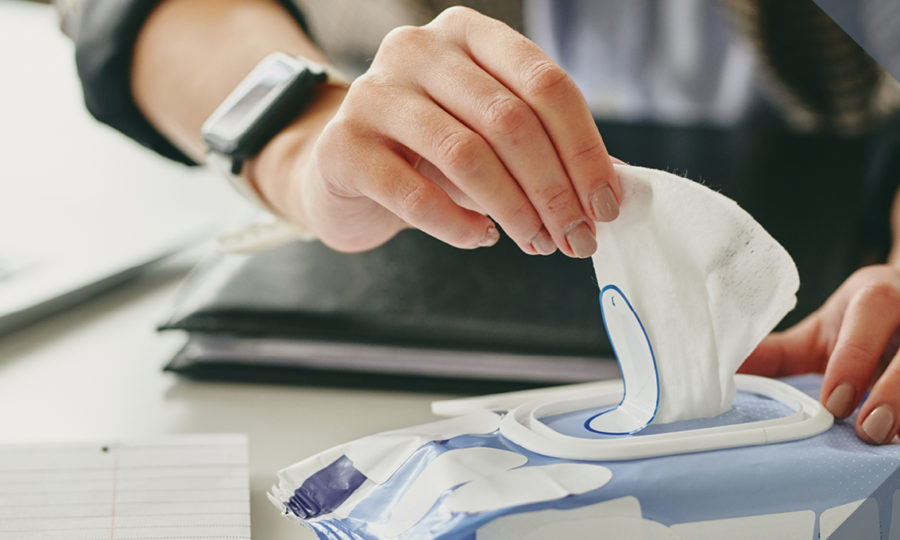Tips for Taking Care of Yourself and Beating the Blues
As the battle to contain the COVID-19 outbreak is fought in our community and around the world, we continue to be inspired by the tireless, compassionate work of health care professionals and first responders – the doctors, nurses, nursing assistants, researchers, paramedics and many others.
They lift us up and give us hope with their valiant efforts to treat the sick and find medicines and vaccines to fight this virus.
Unfortunately, the inspiration and hope we experience is often overwhelmed by the fear, stress and uncertainty we feel as we struggle to adapt to the new normal that the coronavirus has thrust on our lives. This is a heavy lift for all of us. Our mental health and psychological well-being is under tremendous pressure.
FOCUS ON THE POSITIVE
Here some information and several recommendations from public health authorities that may help you or those you know remain positive and focused on staying safe during this pandemic.
Feeling stress during an infectious disease outbreak is normal and may cause:
- Worries about your health and health of loved ones
- Changes in sleep or eating patterns
- Difficulty concentrating or sleeping
- Worsening of chronic health problems
- Deteriorating mental health conditions
- Increased use of alcohol, tobacco or other drugs
Don’t ignore the stress or downplay it. It is real and not to be taken lightly. Here are some actions that you, family members, friends and colleagues can take to help you cope with stress.
- We all want to stay on top of the latest news. But give yourself a break from 24/7 reports of illness and death. Spending a lot of time watching, reading, or listening to news stories, including social media may make you anxious and drag you down.
- Rely on good information from trusted local public health officials.
- Exercise regularly. Get out. Walk. Get some fresh air. The days are longer. Take advantage of the extra vitamin D from the sun.
- Take deep breaths, stretch or meditate throughout the day.
- Try to eat healthy, well-balanced meals. Stay hydrated.
- Get plenty of sleep. Set a consistent bedtime and wakeup time.
- Avoid use of alcohol, tobacco and drugs to cope with stress.
- If you are working from home, keep to an “office routine” of keeping a schedule and dressing the part.
- Find ways to unwind – and find the time to do it. Revisit some activities you enjoy and try some new ones.
- Talk to others. Family. Friends. Neighbors. Coworkers. Connect with people you care about and trust. Ask how they’re doing. Share your concerns and how you are feeling.
- Set up a buddy group with family or friends and regularly check in with each other – by email, text or phone call.
- Think positive thoughts and recall good memories.
- Provide support to others. Be a good listener. Your compassion and generosity will make you feel good as you help others.
EDUCATE YOURSELF, SEEK HELP IF NEEDED
If you are feeling overwhelmed, do call your health care provider and seek guidance. Or call 911 or the federal Disaster Distress Helpline at 800-985-5990. There is help available.
Here is more information from the Centers for Disease Control and Prevention.
- The immediate risk of becoming seriously ill from the virus that causes COVID-19 is thought to be low for most people. Older adults and people of any age who have serious underlying medical conditions may be at higher risk for more serious complications from COVID-19.
- Someone who has completed quarantine or has been released from isolation does not pose a risk of infection to other people. For up-to-date information, visit CDC’s coronavirus disease situation summary page.
There are simple things you can do to help keep yourself and others healthy.
- Wash your hands often with soap and water for at least 20 seconds, especially after blowing your nose, coughing, or sneezing; going to the bathroom; and before eating or preparing food.
- Avoid touching your eyes, nose and mouth with unwashed hands.
- Stay home when you are sick.
- Cover your cough or sneeze with a tissue, then throw the tissue in the trash.
Know the signs and symptoms of COVID-19:
- Fever
- Cough
- Shortness of breath
Seek medical advice if you have been in close contact with a person known to have COVID-19 or live in or have recently traveled from an area with ongoing spread of COVID-19. Call ahead before you go to a doctor’s office or emergency room. Tell them about your recent travel and your symptoms.
Stay safe and be positive during the challenging times that lie ahead.



